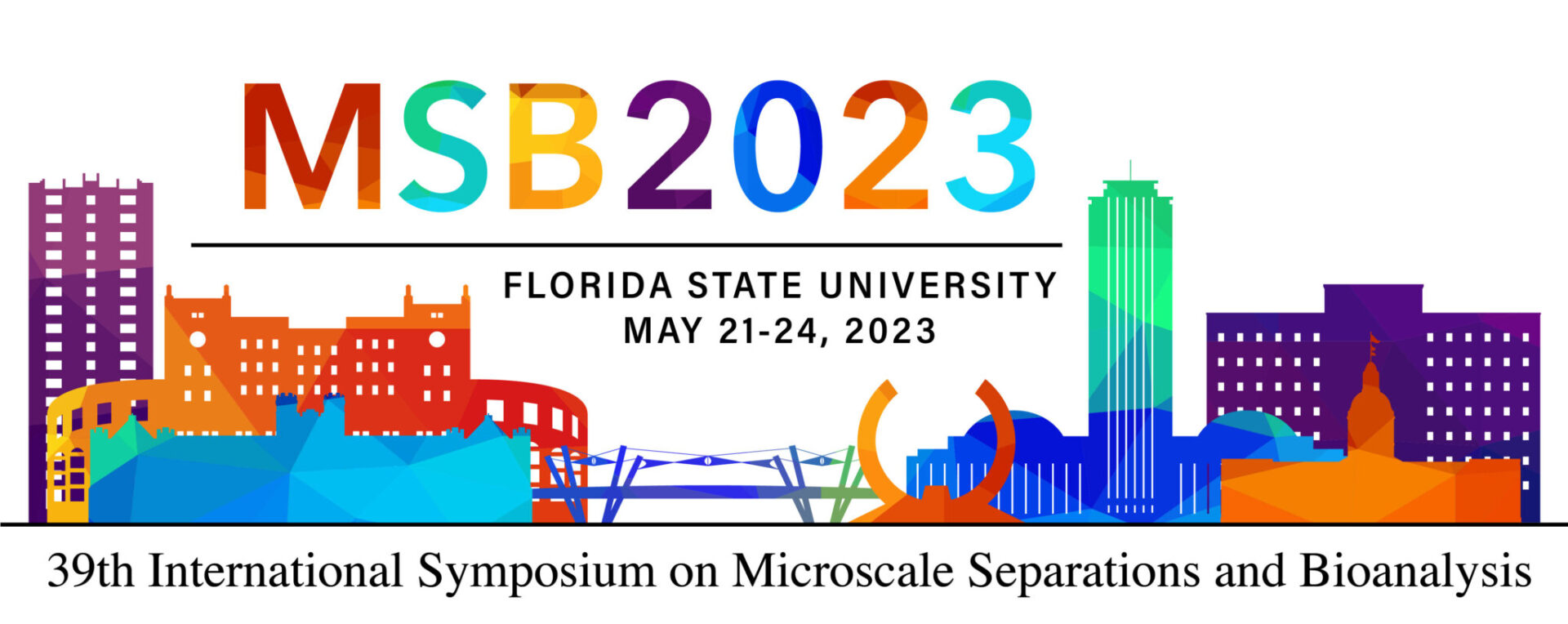3-Minute Resarch Showcase
MSB 2023 will hosting a 3-Minute Research Showcase for trainees and early career scientists at the 2023 meeting!
The event will feature cash prizes
and panel of judges from academia and industry!
Click here for the 3-Minute Showcase Agenda.
Register no later than May 16, 2023 at 11:59 PM at the following link:
https://forms.gle/jcsd9a4ZwcAffZSk7
Adapted from the 3-Minute Thesis (“3MT”) program, in the 3-minute Research Showcase competition, early career researchers showcase their work in a single static slide as a compelling summary of their research and its broader impacts, targeted to a non-technical audience. The scope may include a current or recent project, or a set of related projects that form a dissertation or equivalent. We are deliberately broadening the scope of the program to be inclusive to graduate students, postdoctoral scholars, and early career industry researchers at various stages of their work.
Eligibility:
- Current graduate students (at least 2nd year in their program)
- Postdoctoral scholars
- Early career scientists in industry (within 3 years of departing a PhD or postdoctoral program)
Why sign up?
- Get practice talking about research to non-specialists. Judges will be scientists but likely far outside your own field. Try pitching your talk at a level appropriate for a college student.
- Learn how to distill your research down to what’s most important – a critical skill for writing grants, raising funds for a startup, and public STEM outreach.
- Have fun sharing your work with leading scientists and peers
- Potentially win a prize for your presentation!
Prizes:
- 1st place: $200
- 2nd place: $100
- Participation: $Priceless
Not sure what a 3-minute presentation looks like? The examples below are winners from similar competitions held locally at universities in recent years, in chemistry or related fields. Check them out and be inspired!
- Anae Bain, A basic building block for sustainable drug discovery (2022, Univ Oklahoma)
- Matthew Ellis, Using Stem Cells to Model and Treat Cardiovascular Disease. (2021, Yale University)
- Elizabeth Bright, Adventures in Nanoknitting (2019, University of New Hampshire)
- Charlie Clark, Reducing the Backlog of Sexual Assault Samples (2018, University of Virginia)
- Unaiza Uzair, pH Sensor for Non-invasive Detection of Infection Associated with Medical Implants (2016, Clemson University)
- Vipul Raikar, Giving Cancer to Treat Cancer--wait...that doesn't sound right! How Image-Guided Surgery can Treat Cancer, Promote World Peace, and Solve Life's Mysteries! (2016, Clemson University)
We are delighted to announce our distinguished judges:
Anderson R. M. de Oliveira
Associate Professor
Department of Chemistry
University of Sao Paulo, Ribeirão Preto, SP, Brazil
Janet Freshwater CSci, CChem
Associate Publisher
Royal Society of Chemistry
Elain Fu
Associate Professor and Warwick Family Faculty Scholar
Chemical, Biological, and Environmental Engineering
Oregon State University
Claude Dufresne
Chief Executive Officer
axiVEND
This in-person event is scheduled for the afternoon of Tuesday, May 23
at the MSB 2023 meeting.
Be sure to register by May 16th and start preparing your talk! We will send detailed logistical instructions soon after.
Additional information for registrants:
Competition Guidelines
- A single PowerPoint slide is permitted. Animation is not allowed, so that presenters focus on the audience rather than their slide.
- Electronic media (e.g. sound and video files) are permitted. If used, electronic media must not be longer than 15 seconds of the overall 3-minute limit.
- Presenter can use props. However, props should be necessary to explain research and must be approved in advance by event organizers.
- Presentations are limited to a maximum of 3 minutes - competitors exceeding 3 minutes are automatically disqualified.
- Presentations are considered to have commenced when a presenter starts their presentation through either movement, speech, or use of media or a prop.
- The decision of the judges panel is final.
Tentative Judging criteria
- Clarity and engagement: The clarity of the presentation, how engaging it is for the audience, and how well the student communicates their research topic, problem, and significance of their work, including effective the use of visual aids
- Impact of the work: The significance of the research, including how far it is expected to move its field forward, its potential impact or significance to the broader scientific community or society, and/or its novelty compared to current methods.
- Comprehensiveness of presentation: How well the student covers the important aspects of their research topic (rationale, purpose, goal or hypothesis, overall approach, key results, conclusions, impact and or future directions) in a succinct and effective manner.
- Time management: How effectively the student uses the 3-minute time limit to deliver their presentation, including their ability to stay within the time limit while still conveying all important information.
Questions may be sent to Rebecca Pompano (rpompano@virginia.edu)
